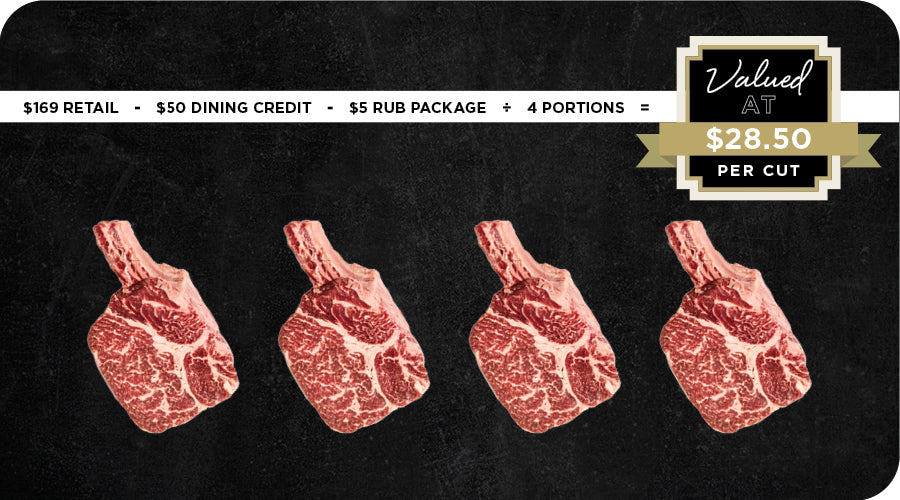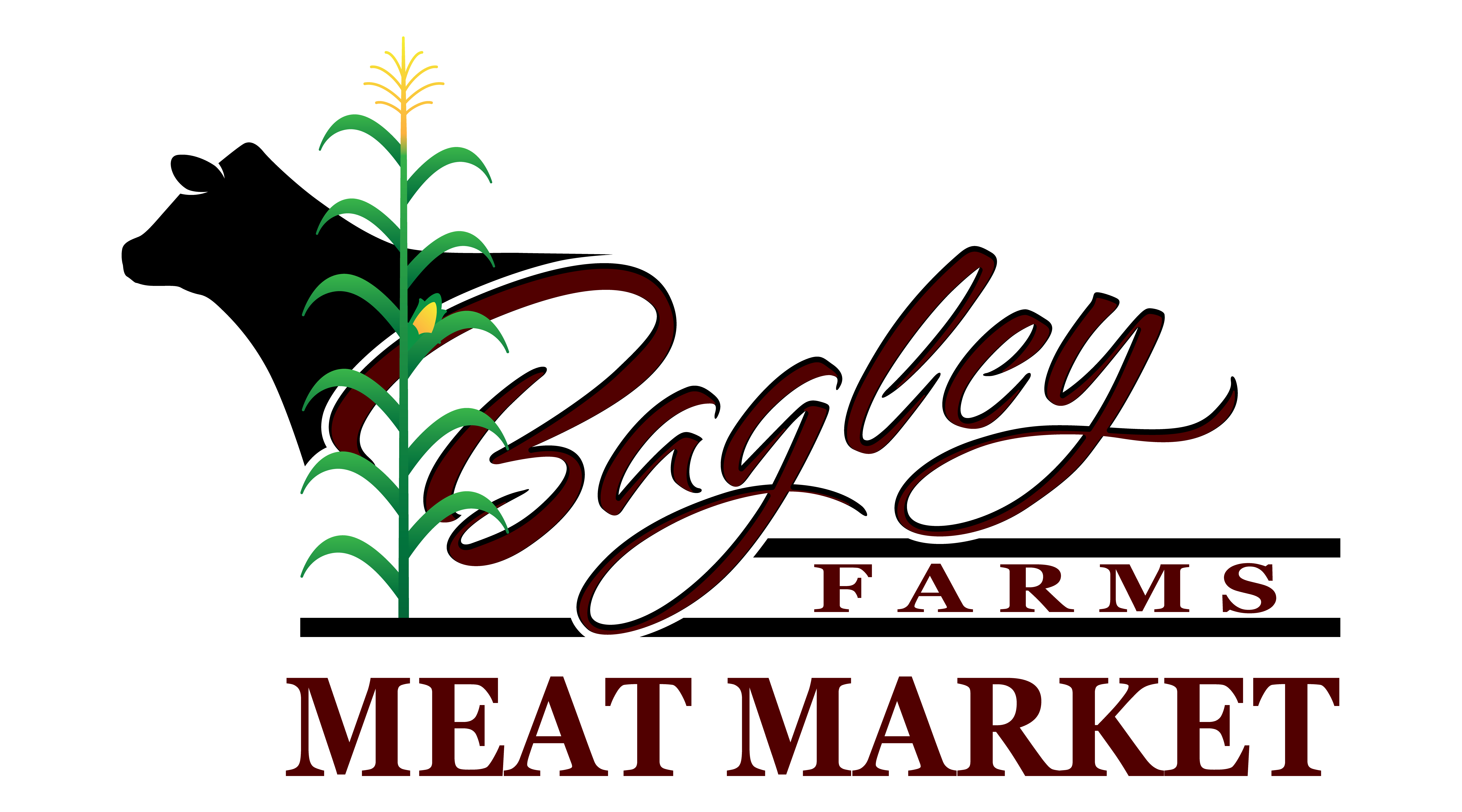Discover the Best Cuts at Bagley Meat Market Edwardsville IL for Fresh Quality Meat
Discover the Best Cuts at Bagley Meat Market Edwardsville IL for Fresh Quality Meat
Blog Article
Why Buying at a Local Meat Market Guarantees Fresh, High-Quality Cuts
Purchasing at a regional meat market provides distinct benefits that typically go undetected by consumers accustomed to larger retail chains. These markets supply straight access to fresh, high-grade cuts, a result of minimized transport time from ranch to counter. This not only enhances taste yet likewise supports neighborhood farmers, fostering community relationships and lasting practices. Rigorous top quality control gauges make sure that each purchase satisfies high criteria of safety and security and quality. Yet, the implications of picking local extend past instant benefits, prompting a closer exam of what this selection really means for both customers and the local economic climate.
Benefits of Local Sourcing
In the realm of food purchase, the benefits of regional sourcing stand apart prominently. By purchasing meat from regional markets, consumers get straight accessibility to products that are typically fresher and extra savory than those found in bigger, commercial grocery stores. Local sourcing lowers the time and distance food takes a trip from farm to table, which not just enhances preference but also protects nutritional value.

Additionally, regional sourcing usually supplies transparency pertaining to the beginnings of the meat. Customers can make inquiries about the farming techniques utilized, pet well-being criteria, and whether the meat is grass-fed or natural. This information equips consumers to make enlightened decisions straightened with their values.
Quality Assurance Requirements
Neighborhood meat markets frequently comply with extensive quality control requirements that guarantee the products provided fulfill high safety and security and freshness criteria. These requirements commonly include different phases of the meat manufacturing procedure, from sourcing to taking care of and storage space.
First, neighborhood markets typically establish rigorous vendor requirements, guaranteeing that only reputable farms and manufacturers are utilized - bagley meat market edwardsville il. This minimizes the likelihood of contamination and advertises greater animal well-being criteria. In addition, several regional meat markets carry out normal assessments to verify that the meat is refined under hygienic conditions, better decreasing health threats
Temperature control is one more vital aspect of quality guarantee. Local meat markets often keep an eye on refrigeration systems to preserve optimum storage space temperature levels, guaranteeing that meat continues to be safe and fresh for consumption. Additionally, the execution of traceability systems allows markets to track the origin of their products, offering transparency and liability.
Finally, team at local meat markets are often educated to identify indicators of wasting and understand appropriate handling strategies. This dedication to top quality control not just boosts the general criterion of the meat however additionally promotes consumer depend on, making neighborhood meat markets a reliable source for high-grade cuts.
Sustaining Neighborhood Farmers
Sustaining neighborhood farmers is important for fostering a sustainable food system and boosting area resilience. They directly add to the source of incomes of farmers in their region when consumers pick to shop at local meat markets. This not just sustains the local economy however also reinforces the agricultural sector, making sure that it stays viable and vivid.


Furthermore, supporting neighborhood farmers cultivates a sense of community and connection between consumers and manufacturers. It encourages openness in food sourcing and imparts trust fund, as customers can develop connections with the people that elevate their food. This straight link inevitably brings about a more engaged and informed public, which is important for promoting for lasting farming techniques in the future.
Lasting Practices
Sustainable practices in meat markets play a vital function in advertising ecological stewardship and making certain pet well-being. Regional meat markets More about the author commonly focus on sourcing their items from farms that execute sustainable and ethical farming methods. These practices consist of rotational grazing, which aids keep dirt health and wellness and decreases carbon emissions, alongside decreasing using anti-biotics and hormonal agents in livestock.
Furthermore, local meat markets typically stress openness in their supply chains. Clients are offered with information regarding the beginning of their meat, enabling them to make educated choices that straighten with their values. By supporting local farmers that exercise sustainable approaches, customers contribute to the conservation of biodiversity and the decrease of transportation emissions linked with long-distance meat distribution.
In addition, lots of regional meat markets take part in waste decrease methods, such as using every component of the animal and promoting off-cuts that could otherwise go unsold. By fostering an extra sustainable strategy to meat usage, these markets not only give top notch products but additionally contribute favorably to the atmosphere and pet welfare. Fundamentally, purchasing at a regional meat market aligns customers with a broader movement in the direction of honest and responsible food sourcing.
Individualized Customer Care
Buying at a meat market often incorporates more than just the products supplied; it is likewise concerning the experience and the relationships developed in between clients and team. Customized client service is a characteristic of local meat markets, setting them apart from larger see this site grocery store chains. Well-informed team make the effort to recognize individual client preferences, making certain that each visit is tailored to details demands.
Customers take advantage of skilled suggestions on cuts, food preparation methods, and preparation pointers, fostering a sense of count on and commitment. This tailored interaction enables consumers to ask questions and look for recommendations, leading to informed acquiring decisions. Team member typically keep in mind routine clients and their preferences, creating a welcoming atmosphere that cultivates community connections.
In addition, tailored solution encompasses unique demands, such as custom-made cuts or certain prep work techniques, which pop over to this web-site larger sellers may not accommodate. This degree of focus enhances the dedication of regional meat markets to high quality and customer contentment.
Essentially, customized client service not only enhances the shopping experience but additionally makes certain that consumers entrust to the very best products matched to their cooking requirements, making every go to a gratifying one.
Conclusion
Supporting neighborhood farmers fosters neighborhood partnerships and strengthens the regional economic situation, while sustainable methods add to environmental stewardship. Additionally, tailored customer service improves the purchasing experience, making neighborhood meat markets a preferred option for customers looking for both top quality and ethical considerations in their food sourcing.
The ramifications of picking neighborhood extend beyond immediate benefits, triggering a more detailed examination of what this choice really indicates for both customers and the neighborhood economic situation.
Supporting neighborhood meat markets also contributes to the regional economic climate. Regional meat markets often keep an eye on refrigeration systems to keep optimum storage temperatures, ensuring that meat remains fresh and safe for consumption.Local farmers are commonly a lot more attuned to the certain demands of their areas, elevating and expanding crops livestock that line up with regional tastes and preferences. Sustaining neighborhood farmers cultivates area partnerships and reinforces the regional economic climate, while sustainable practices add to ecological stewardship.
Report this page